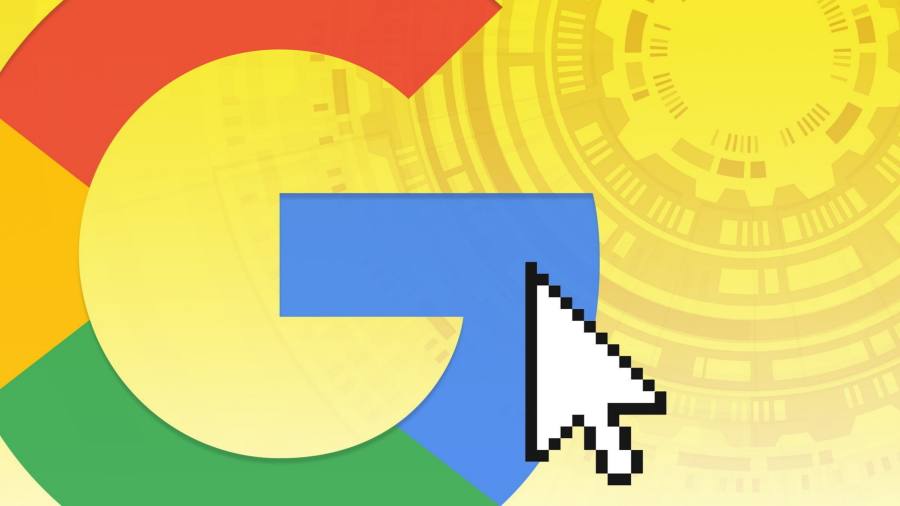Google has unveiled a revamped search engine powered by artificial intelligence, as it rushes to make up ground lost in the race to bring powerful new language models to internet search.
The US tech group on Wednesday unveiled an overhaul of its search engine to incorporate the AI advances that have swept the tech world since the launch of Microsoft-backed OpenAI’s ChatGPT six months ago.
“We are taking the next step in a bold and responsible way with generative AI,” Google CEO Sundar Pichai said in a speech on Wednesday.
Google said at its annual developer conference that it will offer millions of users a search feature that includes an artificial intelligence-generated summary of queries, similar to those provided by chatbots such as ChatGPT.
The search feature will initially only be available in the US through the waitlist system. Google says it will roll out the feature more broadly in the coming months.
The AI-powered search feature, as well as updates to the Bard chatbot and products like Gmail and Google Docs, are powered by PaLM 2, the company’s large-scale language AI model, which also launched Wednesday.
Google has been trying to catch up to Microsoft’s consumer artificial intelligence offerings. In February, Microsoft launched an AI-powered Bing search engine that uses OpenAI’s GPT technology to pre-empt it. A month later, OpenAI announced its language model, GPT-4, which users can access through the premium version of ChatGPT and Bing.
The advent of generative artificial intelligence systems that can provide plausible answers to questions in natural language has opened the first new front in the battle for search dominance in more than a decade.
Microsoft’s sweeping overhaul of Bing has sent shares of Google parent Alphabet tumbling, wiping billions of dollars off its market value, as Wall Street digests the potential damage to Google’s search dominance from a new artificial intelligence war between Google and Microsoft.
In April, Alphabet merged its DeepMind and Google Brain AI research units to accelerate AI development.
Google said its revamped search engine offers the option to conversationally follow up on an original search query without repeating context or details already provided.
The AI-driven answers will also include links to online resources from which the answers are derived in order to deal with allegedly hallucinated or fabricated information. Users can still access the original Google search format of the list of links below the machine-generated answer.
“Users want to see information attached to a well-known brand, like . . . the World Health Organization, or a trusted news brand,” said Cathy Edwards, Google’s vice president of search. “We think users don’t want to be told what the answer is by AI.”
Edwards added that ads will be a “core part” of search results, giving users more information as they delve into the recommendations made by the AI. Google is concerned that answers generated by AI will hurt its core business by reducing the number of ads users click.
Google already uses artificial intelligence software in its products, including in its search engine to select the most relevant results or automatically complete search queries, and in features such as Smart Compose in Google Docs and Gmail. The company said it recorded 180 billion instances of AI use in its workspace tools last year.
The latest AI rollout will allow users to enter text queries and receive full AI-generated documents or emails, and it will also allow them to create AI-generated images in slideshows and auto-generated forms.
“We’re not trying to replace people, but we’re helping them get things done faster by giving them a starting point,” said Google research scientist Slav Petrov.
As part of its new search results, Google will also trial a social feature called Perspectives, which will show users information about popular people on social media platforms and discussion boards in the form of videos, images and written posts, while Not a website link.



